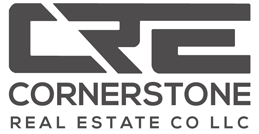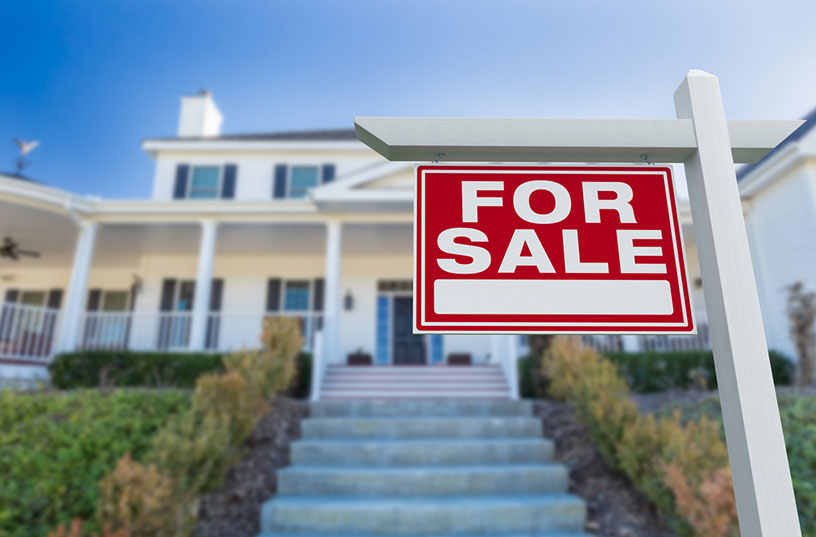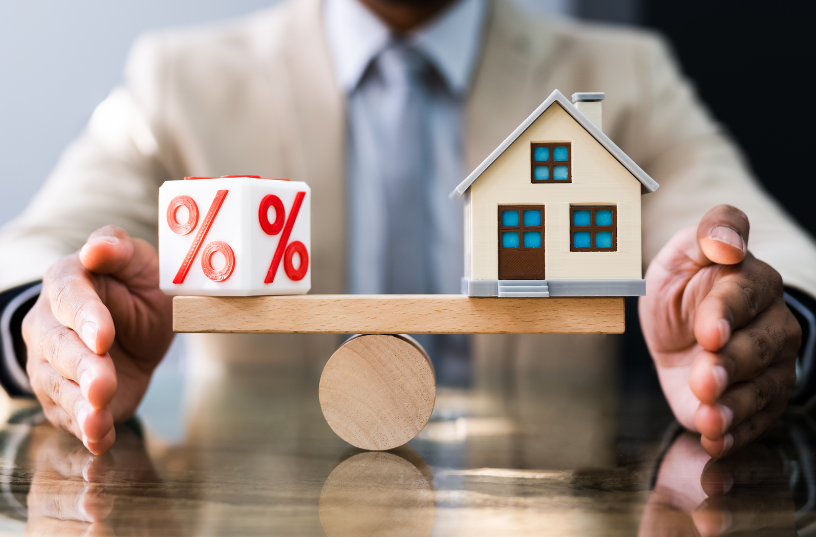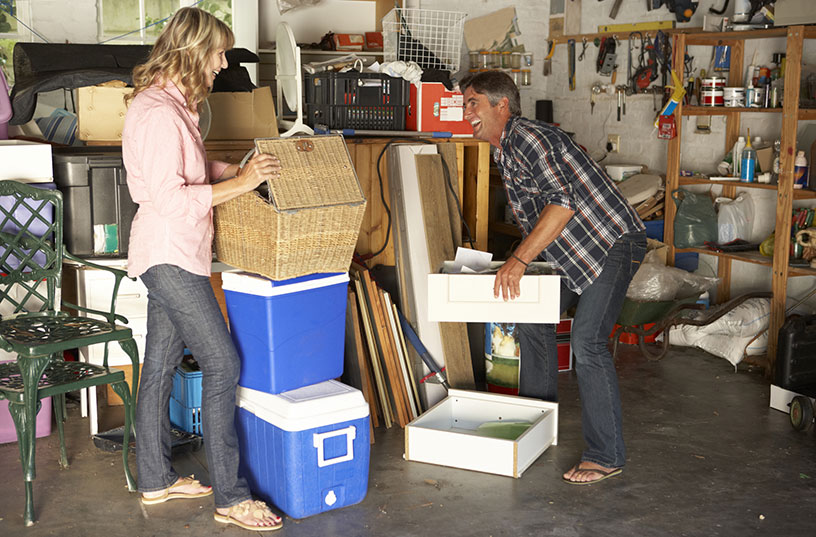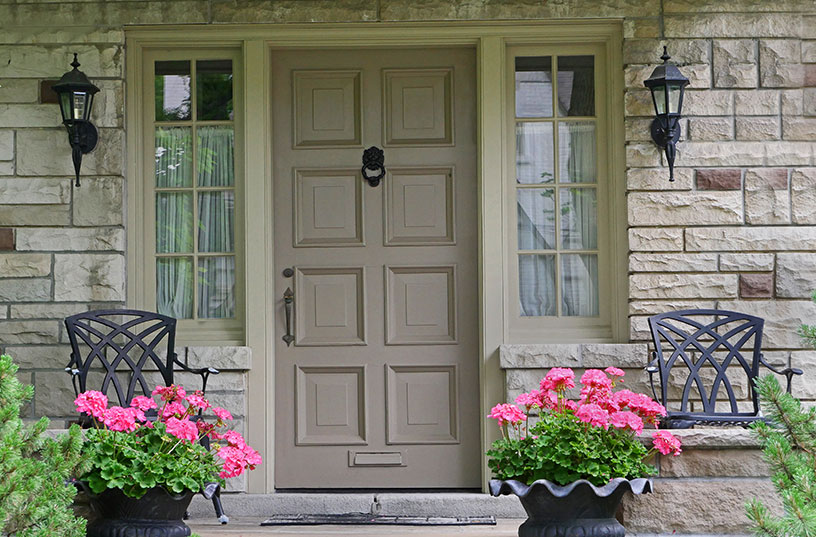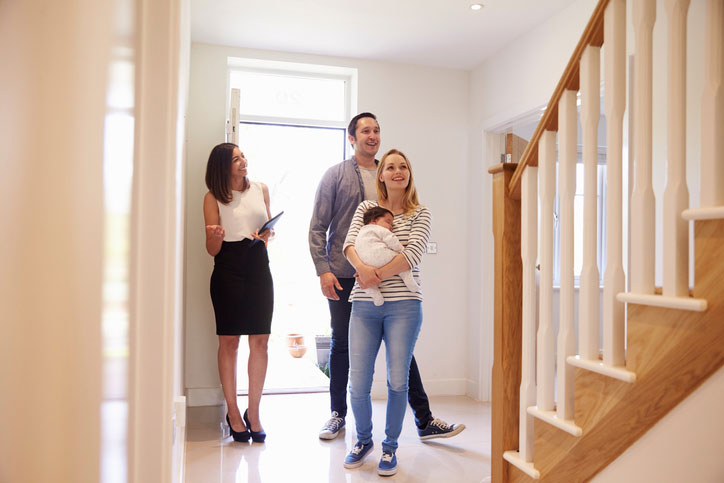So, you finally decided to sell your house. Maybe you’re ready to downsize or move closer to the grandkids. Or perhaps you have a growing family and need more room. Whether you’re moving due to a new life stage or a job change, putting your house up for sale can be a stressful time – especially when it doesn’t sell in a timely manner! It can be very frustrating when showings are rare or even nonexistent, and there haven’t been any offers.
If your home has been on the market for more than a month without an offer, it’s time to ask: Why isn’t my house selling? And then make some changes to correct the situation! The longer a house sits on the market compared to other homes in your area, the more buyers will suspect that something is wrong (whether that’s true or not).
“A home is going to sell for the most money in the first 30 days,” says Alisha Simpkins, a top-selling California real estate agent. In fact, an analysis revealed that homes which sold within 0-25 days went for 103% of their asking price, but after 100 days, the sale-to-list ratio dropped to 97%.
There are many factors that contribute to the sale of a home, but according to experts, these are the five most common reasons for a home to linger on the market:
1. The price is too high.
In a HomeLight survey of real estate agents across the country, overpriced homes ranked as the number one deal-breaker for buyers. Today’s buyers are savvy, and they do their homework when it comes to comparing home prices, especially if they’re working with an experienced agent. Pricing a home can be a complex process, involving more than recent sales of comparable homes in your area. Is your home priced higher than nearby houses with better features and upgrades? Is the size and condition of your lot being considered in the price? Also, while it may be tempting to price your home higher than you think it will sell for to leave room for negotiations, this tactic often backfires. People typically search for homes in a specific price range – if you’re price is out of their range, they will never see your listing.
The solution: A price drop. It may be disappointing to not get the money you were hoping for, but price reductions are quite common, and in some cases, necessary to make a sale. Even a 1% markdown might entice the right buyers. However, most experts suggest a 2-3% reduction in the list price if you’re not getting any interest. Again, working with an experienced agent can help you determine the best price for your home.
2. You’re lacking curb appeal.
Even if you have a lovely interior, it won’t matter if buyers never come through the front door! Many buyers do “drive-bys” to check on the neighborhood and assess the look of the house. If your yard is overgrown or the exterior looks neglected, they may assume it’s not worth touring your home. Even if they’re looking at online photos, a shabby exterior is sure to be a turn-off. According to a recent survey by the National Association of Realtors (NAR), 93% of realtors nationwide suggest improving a home’s curb appeal before selling.
The solution: Take an honest assessment of your home’s exterior and list the things that stand out the most. Cutting back bushes, trimming trees, pulling weeds, and planting flowers are inexpensive fixes that can make a big difference. In addition, power washing siding, concrete and decks/patios, or painting doors and window frames can significantly improve curb appeal.
3. Your listing photos are not professional quality.
In today’s digital world, people expect to see magazine-quality photos of your home. Photos that are poorly lit, blurry, or fail to highlight your home’s best features will probably get passed by. In fact, a 2024 NAR report found that nine in ten buyers aged 58 and under ranked professional listing photos as the most valuable website feature in their home search!
The solution: Invest in professional photography, which may include a video listing or 3-D walkthrough. A small investment can make a huge difference! Most agents contract with local photographers and may pay for those services out of their commission.
4. There is a specific problem that needs to be addressed.
Chances are, you love your home, quirks and all. So, you might not even be aware of a problem that is turning buyers away. It’s important to get feedback from showings. Your agent should be asking people who tour your home questions about why they don’t like the house and what would need to change to make them buy the house.
The solution: Once you’ve identified the issue(s), you might be able to make changes. While you probably can’t fix major concerns such as an awkward layout or small room sizes, you can improve problems with clutter, lighting, cleanliness, odors or disrepair.
5. You need better staging.
When potential buyers tour your home, they’re trying to envision the space as their own. This can be difficult to do if the house is cluttered or filled with personal belongings. Research shows that homes that are professionally staged sell for more money (up to 13% more) in a shorter amount of time. Staging a home can make it seem bigger, more open, and more inviting.
The solution: Before listing your home, start the packing process by boxing up family photos and memorabilia. Declutter closets, shelves, and other spaces. You might also consider removing some furniture from overcrowded rooms. Once this is done, you can determine if walls need to be painted to freshen things up or repairs need to be made. Often, small upgrades can provide a big return on investment. An experienced real estate agent can help you stage your home properly or you can hire a professional home stager.
While these are the primary reasons for a home not selling there are many others. For instance, your home might be “unique” or unconventional. Large, high-end homes usually take longer to sell, as well as homes with unusual layouts or additions that were built to accommodate specific uses. In this case, you may just have to be patient. It’s also important to make sure your marketing and advertising positively portrays these distinctive features.
And speaking of marketing, you may need to make adjustments to your strategy. Print ads and yard signs are probably not reaching enough potential buyers or the right buyers. Most of today’s buyers find houses online, which means you need to be very visible on social media and real estate sites. Are you getting the exposure you need?
Honestly, the best advice is to work with a qualified, experienced real estate agent in your area. He or she can help you evaluate your home, determine a realistic price, recommend improvements, help with staging, and develop a successful marketing plan. Remember, there’s a buyer for every home – even if it takes a long time to find them!
